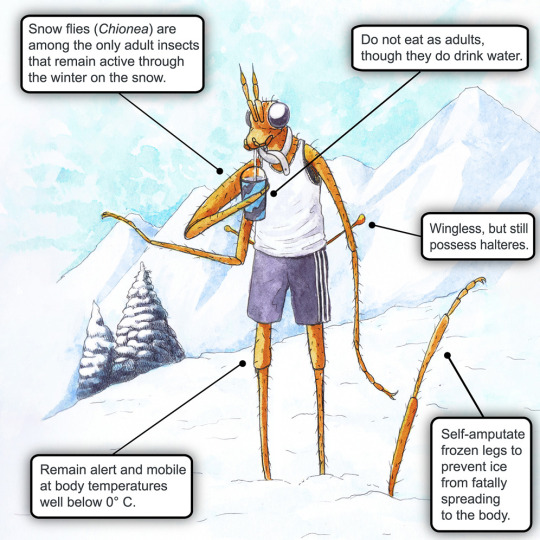she/they | 30 | enby bisexual | here for a good time, not a long time | blm | acab | terfs not welcome 🚫
Last active 2 hours ago
Don't wanna be here? Send us removal request.
Text
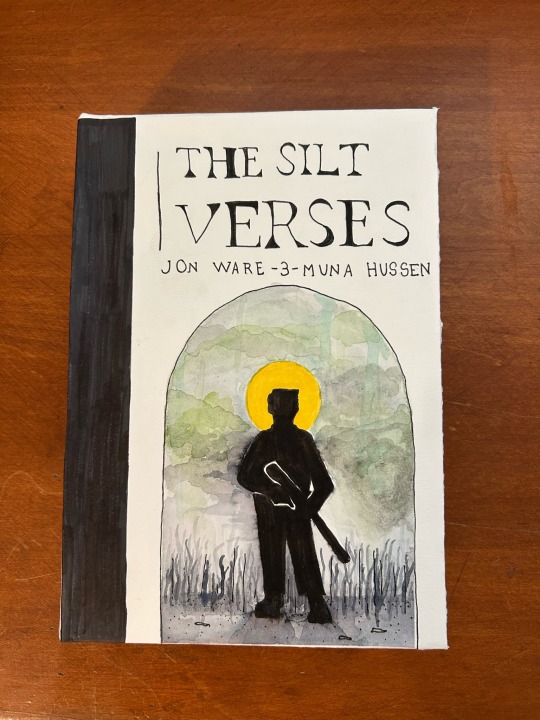
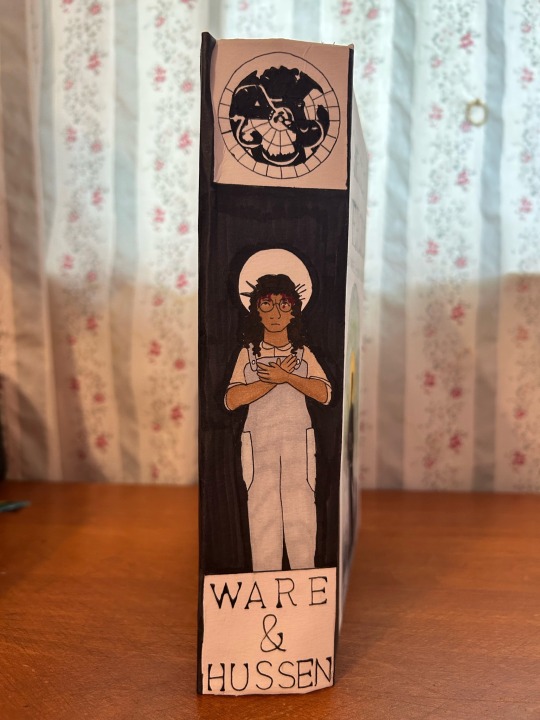
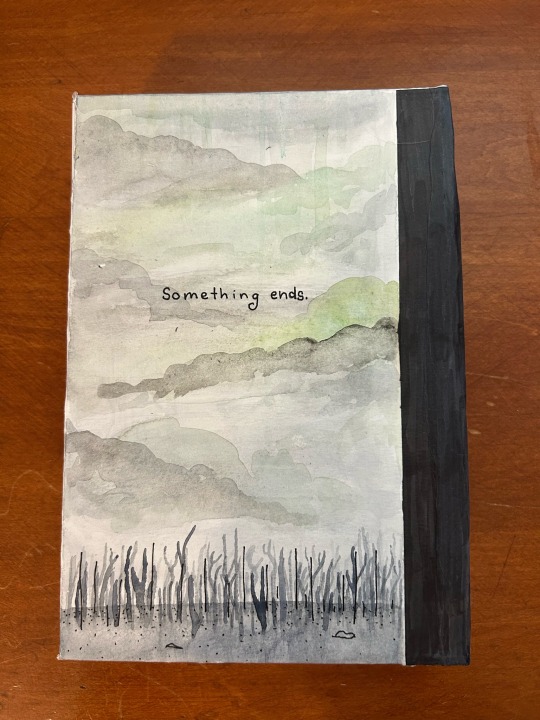
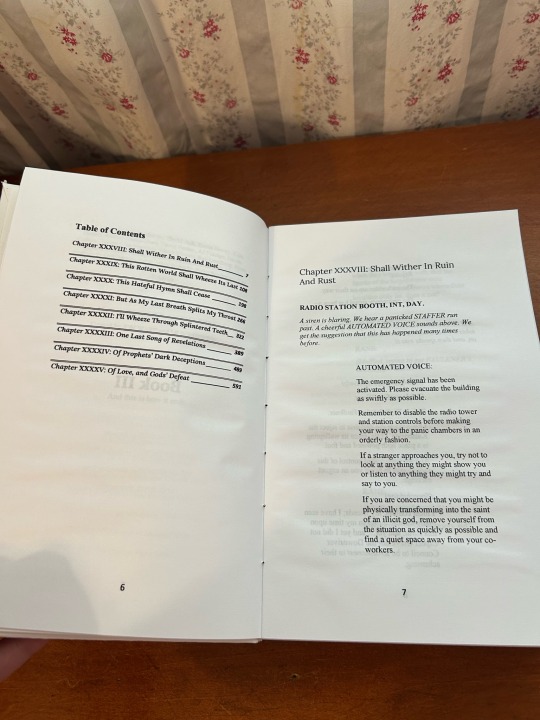
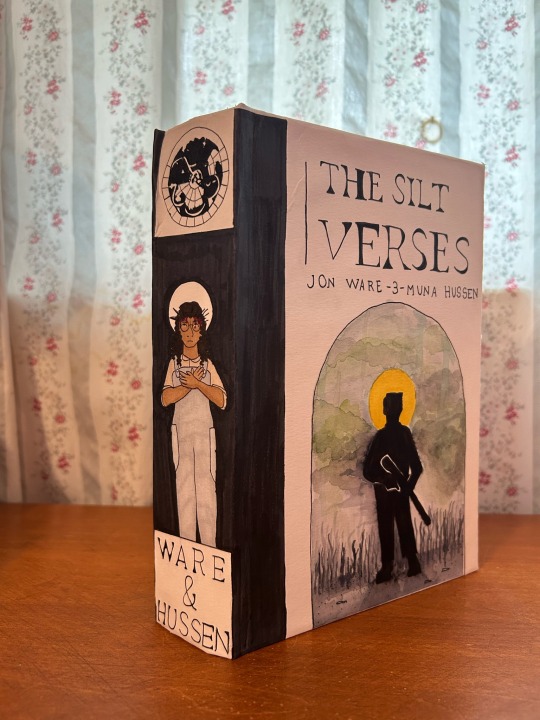
Happy finale anniversary! Truly I will never recover from this podcast, and I’ve made so many wonderful friends through it and learned so many new artistic skills because I felt so strong the need to Create about this show, so to celebrate a full year since its ending, I've finally finished my long running project of binding all of the scripts into books. This is part two of season three (part one can be found here), and I am really happy to finally have a full collection of the scripts (the rest of my collection can be found here and here)!
A few project photos and the full collection beneath the cut (fair warning: the earlier books have more body horror and such)
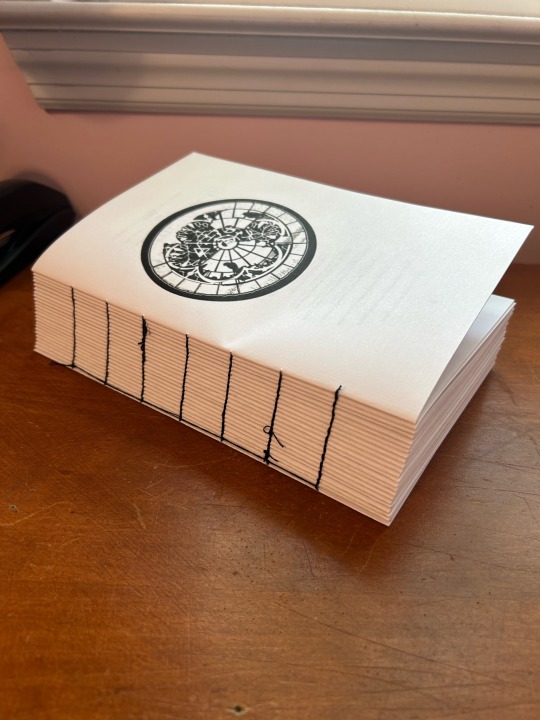
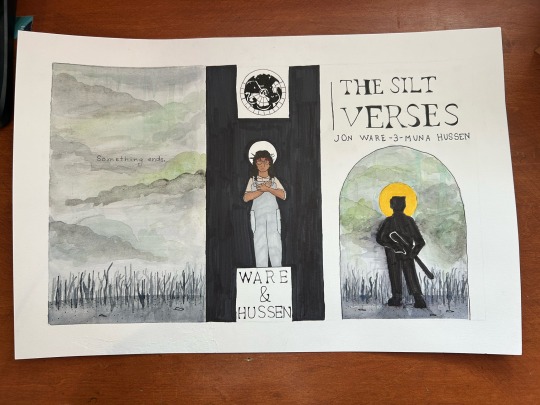
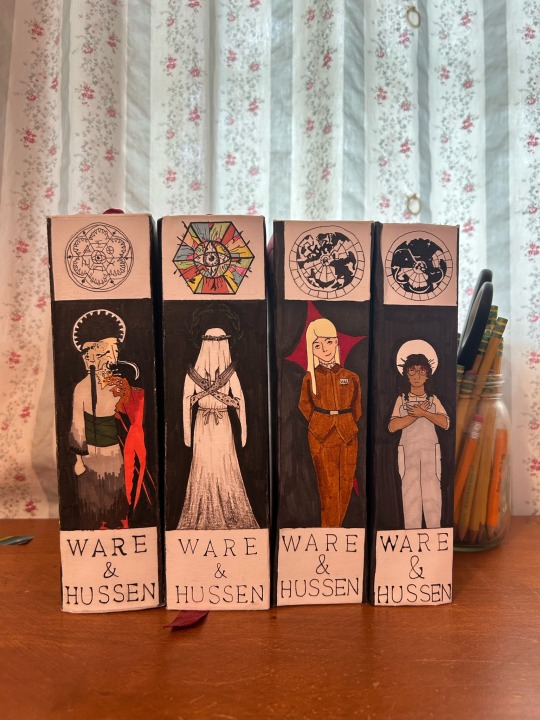
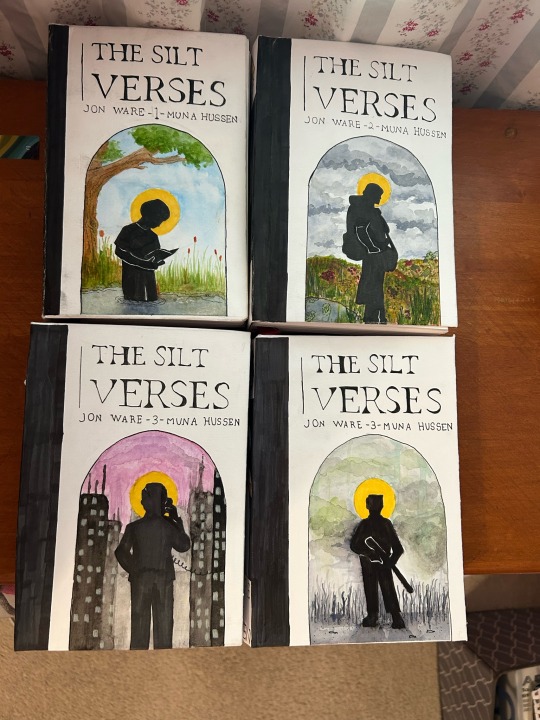
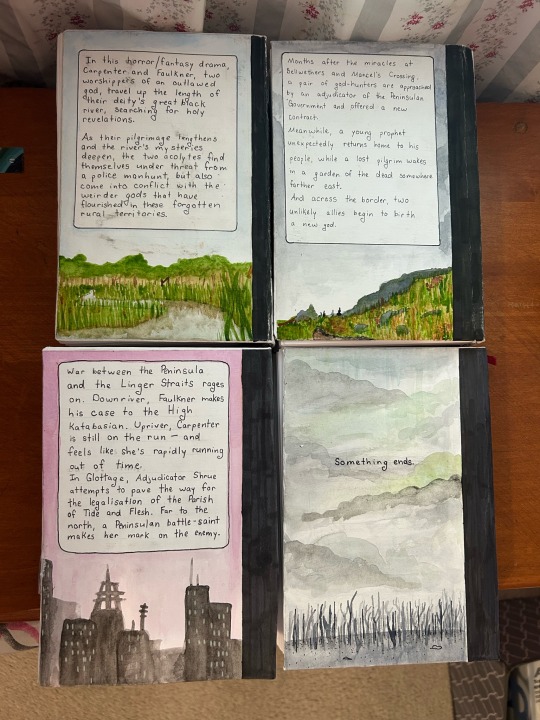
158 notes
·
View notes
Text






saint & martyr | my prophet & me | the mouth devouring & the mouth returning // goodbye, silt verses
1K notes
·
View notes
Text
okay so I finished Incidents in the Life of a Slave Girl (1861) by Harriet Jacobs, and here are my takeaways, because it was AMAZING and I can't believe all US students aren't required to read it in school:
shows how slavery actually worked in nuanced ways i'd never thought much about
example: Jacobs's grandmother would work making goods like crackers and preserves after she was done with her work day (so imagine boiling jars at like 3 a.m.) so that she could sell them in the local market
through this her grandmother actually earned enough money, over many years, to buy herself and earn her freedom
BUT her "mistress" needed to borrow money from her. :)))) Yeah. Seriously. And never paid her back, and there was obviously no legal recourse for your "owner" stealing your life's savings, so all those years of laboring to buy her freedom were just ****ing wasted. like.
But also! Her grandmother met a lot of white women by selling them her homemade goods, and she cultivated so much good will in the community that she was able to essentially peer pressure the family that "owned" her into freeing her when she was elderly (because otherwise her so-called owners' white neighbors would have judged them for being total assholes, which they were)
She was free and lived in her own home, but she had to watch her children and grandchildren and great-grandchildren all continue to be enslaved. She tried to buy her family but their "owners" wouldn't allow it.
Enslaved people celebrated Christmas. they feasted, and men went around caroling as a way to ask white people in the community for money.
But Christmas made enslaved people incredibly anxious because New Years was a common time for them to be sold, so mothers giving their children homemade dolls on Christmas might, in just a few days' time, be separated from their children forever
over and over again, families were deliberately ripped apart in just the one community that Harriet Jacobs lived in. so many parents kept from their children. just insane to think of that happening everywhere across the slave states for almost 200 years
Harriet Jacobs was kept from marrying a free Black man she loved because her "owner" wouldn't let her
Jacobs also shows numerous ways slavery made white people powerless
for example: a white politician had some kind of relationship with her outside of marriage, obviously very questionably consensual (she didn't hate him but couldn't have safely said no), and she had 2 children by him--but he wasn't her "master," so her "master" was allowed to legally "own" his children, even though he was an influential and wealthy man and tried for years to buy his children's freedom
she also gives examples of white men raping Black women and, when the Black women gave birth to children who resembled their "masters," the wives of those "masters" would be devastated--like, their husbands were (from their POV) cheating on them, committing violent sexual acts in their own house, and the wives couldn't do anything about it (except take out their anger on the enslaved women who were already rape victims)
just to emphasize: rape was LEGALLY INCENTIVIZED BY US LAW LESS THAN 200 YEARS AGO. It was a legal decision that made children slaves like their mothers were, meaning that a slaveowner who was a serial rapist would "own" more "property" and be better off financially than a man who would not commit rape.
also so many examples of white people promising to free the enslaved but then dying too soon, or marrying a spouse who wouldn't allow it, or going bankrupt and deciding to sell the enslaved person as a last resort instead
A lot of white people who seemed to feel that they would make morally better decisions if not for the fact that they were suffering financially and needed the enslaved to give them some kind of net worth; reminds me of people who buy Shein and other slave-made products because they just "can"t" afford fairly traded stuff
but also there were white people who helped Harriet Jacobs, including a ship captain whose brother was a slavetrader, but he himself felt slavery was wrong, so he agreed to sail Harriet to a free state; later, her white employer did everything she could to help Harriet when Harriet was being hunted by her "owner"
^so clearly the excuse that "people were just racist back then" doesn't hold any water; there were plenty of folks who found it just as insane and wrongminded as we do now
Harriet Jacobs making it to the "free" north and being surprised that she wasn't legally entitled to sit first-class on the train. Again: segregation wasn't this natural thing that seemed normal to people in the 1800s. it was weird and fucked up and it felt weird and fucked up!
Also how valued literacy skills were for the enslaved! Just one example: Harriet Jacobs at one point needed to trick the "slaveowner" who was hunting her into thinking she was in New York, and she used an NYC newspaper to research the names of streets and avenues so that she could send him a letter from a fake New York address
I don't wanna give away the book, because even though it's an autobiography, it has a strangely thrilling plot. But these were some of the points that made a big impression on me.
Incidents in the Life of a Slave Girl also inspired the first novel written by a Black American woman, Frances Harper, who penned Iola Leroy. And Iola Leroy, in turn, helped inspire books by writers like Nella Larsen and Zora Neale Hurston. Harriet Jacob is also credited in Colson Whitehead's acknowledgments page for informing the plot of The Underground Railroad. so this book is a pivotal work in the US literary canon and, again, it's weird that we don't all read it as a matter of course.
(also P.S. it's free on project gutenberg and i personally read it [also free] on the app Serial Reader)
26K notes
·
View notes
Text
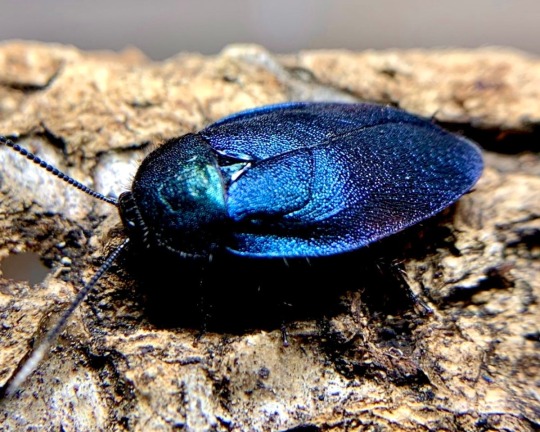
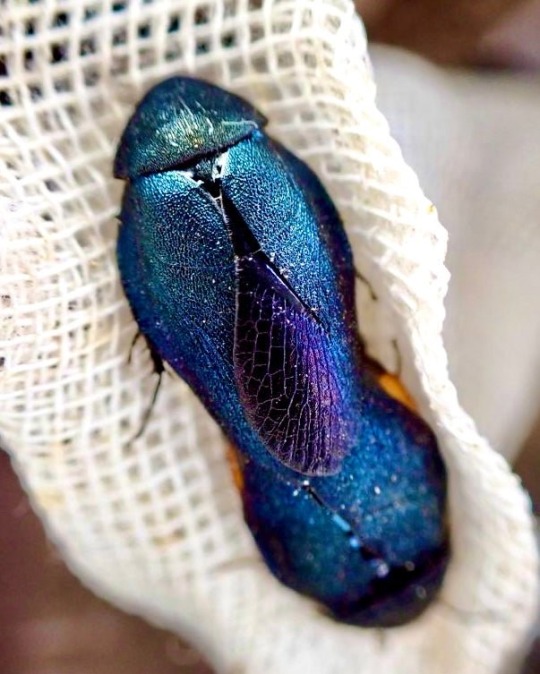
Sapphire Flower Cockroach (Eucorydia yasumatsui) by Richard Nakamura
Source
85 notes
·
View notes
Text
i just rescued a pill bug they’re gonna reward me with a million pill bucks i’m gonna be a fucking pillionaire
33K notes
·
View notes
Text
I love nautical and seaside town horror stories. Tell me more about the fog and water that eats people
31K notes
·
View notes
Text

Hanif Abdurraqib, A Little Devil in America: Notes in Praise of Black Performance
5K notes
·
View notes
Text
NEVER LET YOURSELF BE STOPPED BY WHAT IT WOULD HAVE BEEN LIKE IF YOU STARTED EARLIER!!!!! THE ONLY TIME WE HAVE IS NOW
98K notes
·
View notes
Text


Saw plenty of my favorite dipteran family today, bee flies! They mimic bumblebees, but are actually flies. This one is Bombylius major, an important nest parasite of solitary Andrena bees. They help control other insect populations, but are also crucial pollinators for native wildflowers.
2K notes
·
View notes
Text
good smut is really a character study and that is final. i need it to be about vulnerability i need it to be about trust or lack thereof and most of all i need it to be emotional agony. thats what sex is for
40K notes
·
View notes


